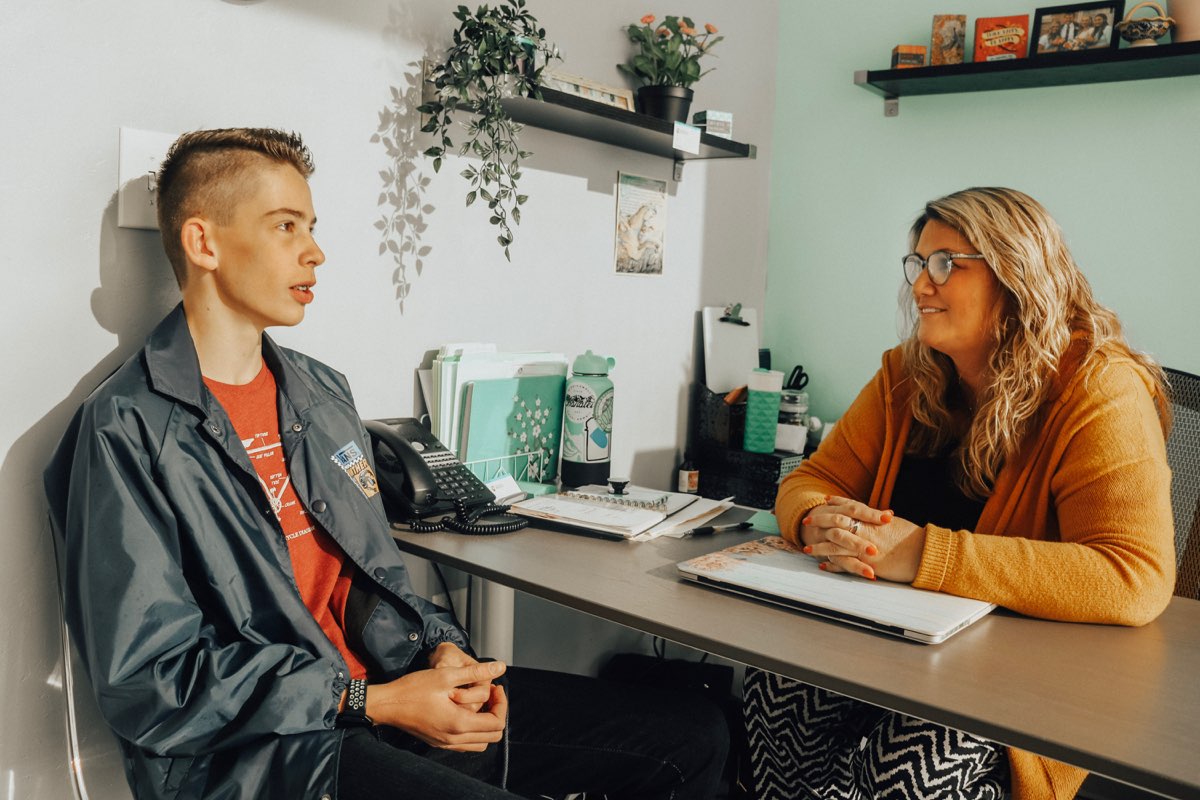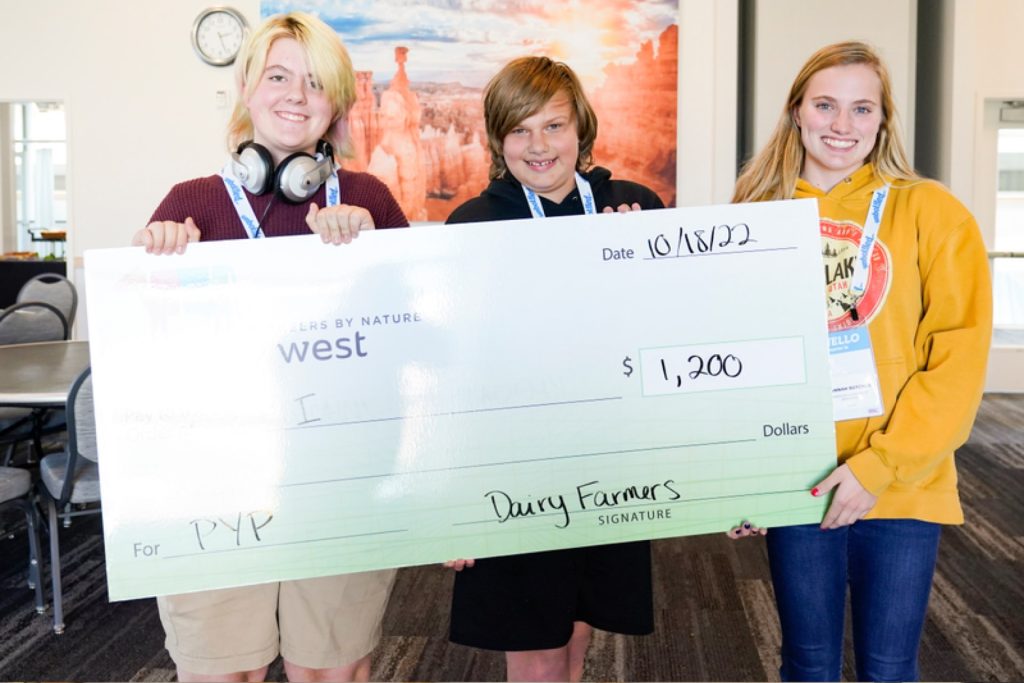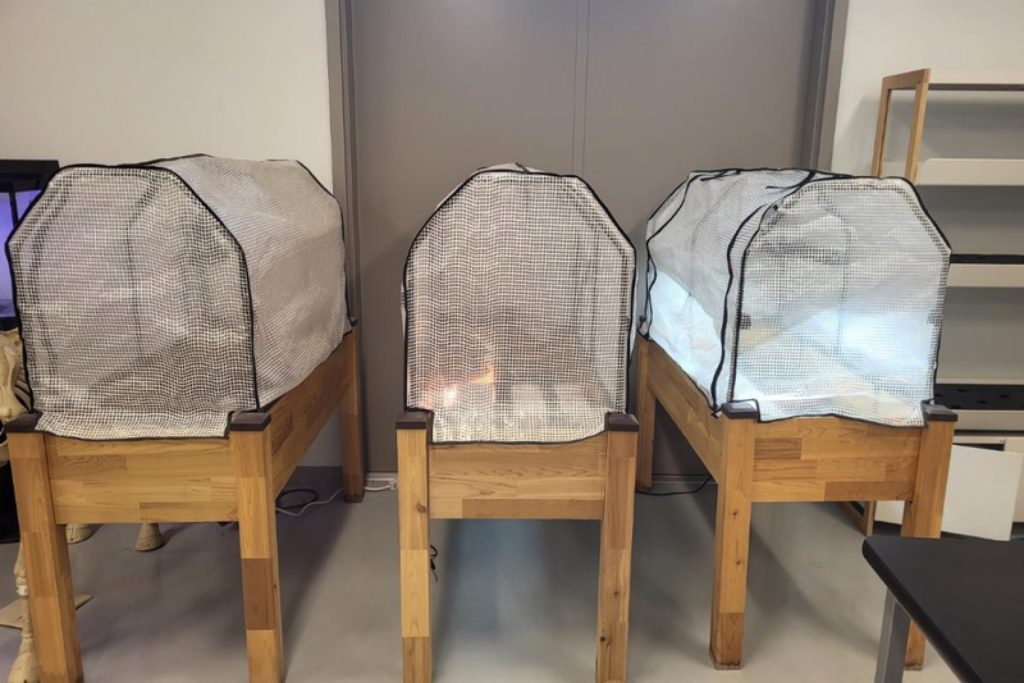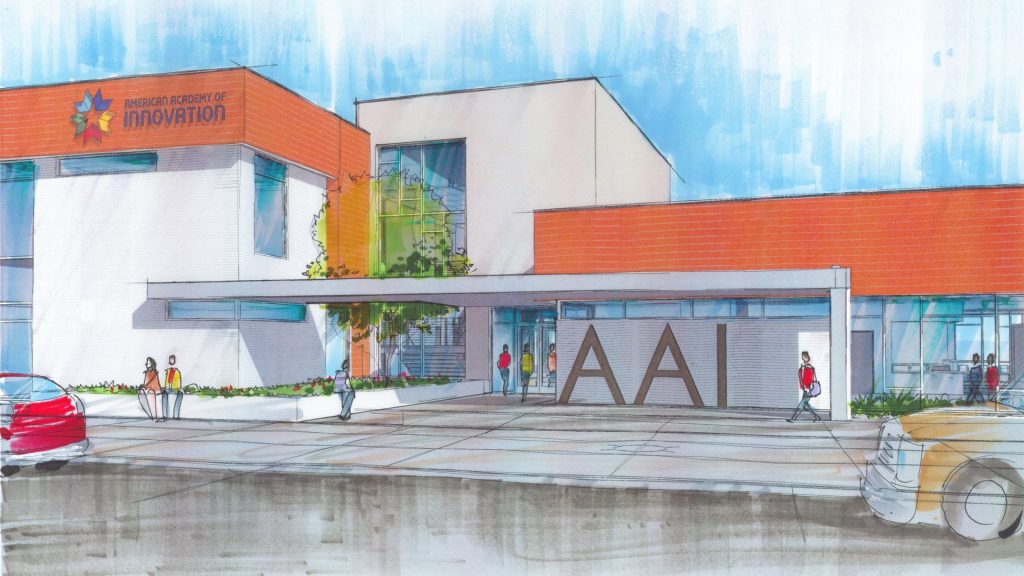Methodologies
Traditionally, methodology is the study of methods; however, it has come to mean so much more. Currently, methodology includes the contextual framework of a proposed idea. At AAI, our methods have been developed to support and enhance our desire to "empower the mind to improve the world." To fully achieve the vision and guiding principles of AAI, we have designed and implemented several methods specifically tailored to our vision and principles. These powerful practices represent the "how" of AAI's vision to empower and inspire individuals and each method addresses a critical need in education for Individualization, Competency-based Learning, Project-based Learning, and Experiential Learning.
Grade-Level Projects
Students at the American Academy of Innovation learn the valuable skill of proposing, researching, and executing projects on subjects of interest. Often, they also learn the value of failure — which can be life’s greatest teacher.
Grade-level projects are scaffolded to account for age and ability. Projects are built into core classes, such as Art History, for students in Grade 6. Group projects are integrated into a required annual course led by a high school teacher for students in Grades 7 and 8. High school students complete an individual project each year, and students are encouraged to pursue personal interests and passions. The individualized nature of these projects gives students the opportunity to engage in in-depth career and ability exploration. Project hours in high school increase annually, as defined below:
- Grade 9: 50 hours
- Grade 10: 100 hours
- Grade 11: 200 hours
- Grade 12: 300 hours

Capstone & Oral Defense
Each year, high school students compile a portfolio of their year, including artifacts of learning, their grade-level project process and outcomes, and a reflective essay. This culminates in their annual Oral Defense of Learning. Students present their portfolios, including their projects, to a panel of peers and teachers. They also prepare for and engage in a Q&A session at the end of their presentation.
Additionally, seniors compile a portfolio of their entire high school experience, including artifacts of learning, a resume, a letter of recommendation, community engagement learning, and a reflective essay.
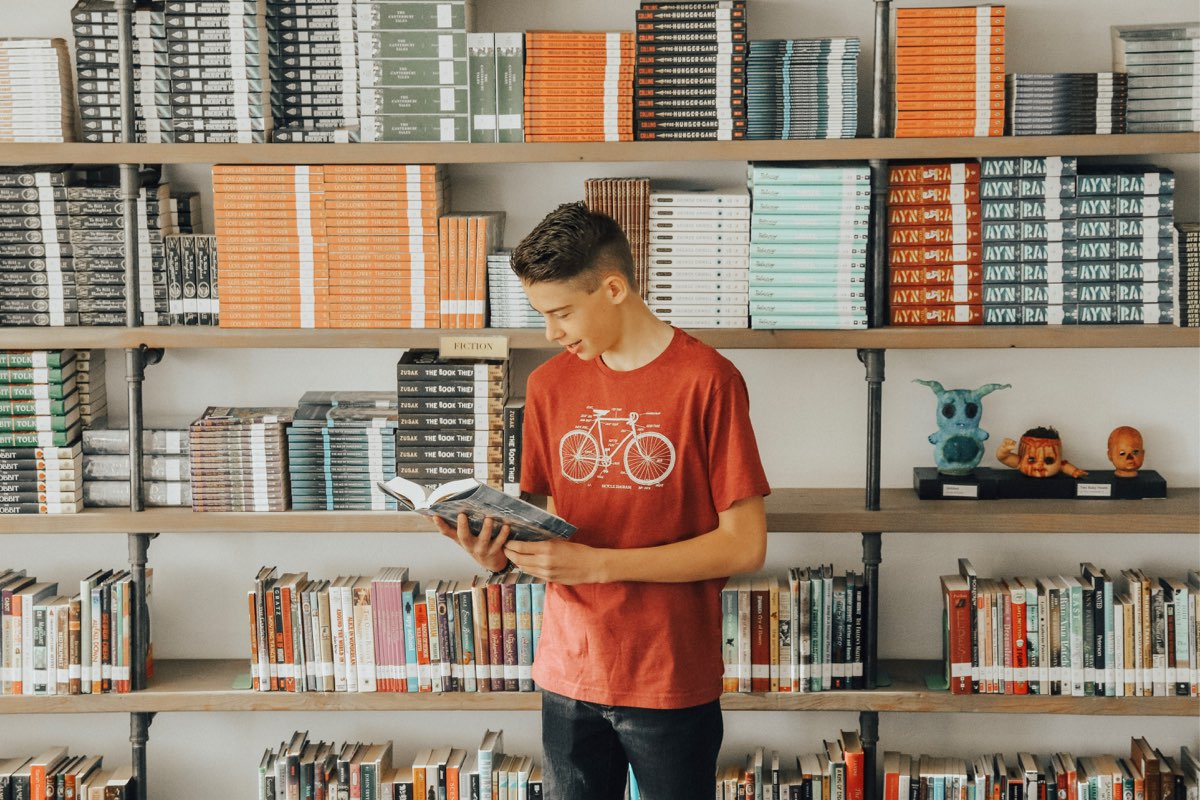
Student Stories of Achievement
Workshops & Immersions
Workshops, offered every Friday, are the highlight of the week for AAI students. Each student registers for two workshops each quarter for elective credit. Fridays are shortened days and are divided into two 90-minute long workshop sessions. Course offerings change quarterly and range from philosophical thought, criminal justice, poetry, and mythology to dance, fashion, yoga, and humanitarian service.
Similarly, Innovative Immersions provide novel opportunities for students and teachers alike. Innovative Immersions are week-long, all-day electives held between the first and second quarters and between the third and fourth quarters. As their name suggests, students immerse themselves in a specific course for an entire week. Students may find themselves camping in Moab, learning how to save a life, singing and dancing in a Broadway musical revue, investigating a crime scene using forensics, or even hunting ghosts in a graveyard at night while learning about Utah History.
Friday Workshops and Innovative Immersions provide AAI students with 10 elective credits each year and multiple opportunities to explore areas of interest, discover hidden talents, find new hobbies and determine potential career paths.

Mentorship
Mentoring is a personal, professional relationship in which the mentor takes interest in helping a student (or mentee) thrive. Characterized by mutual respect, trust, understanding, and compassion, the relationship between a mentor and a student may vary depending upon individual needs. Each mentor makes the effort to understand the goals and interests of their mentee and establishes an environment in which a student’s success is limited only by the extent of his or her ability. At the American Academy of Innovation, every student chooses a year-long mentor to be an adviser, teacher, role model, and friend.
Meet Our Mentors
Counseling
The American School Counselor Association recommends a 1:250 student to school counselor ratio. The American Academy of Innovation has a 1:210 ratio, allowing our school counselors to connect with and develop strong and meaningful relationships with their students. Our counselors follow the framework of Utah’s College and Career Readiness School Counseling Program by providing curriculum around the following competencies:
- Academic & Learning Development
- Life & Career Development
- Multicultural & Global Citizenship Development
- Social & Emotional Development
